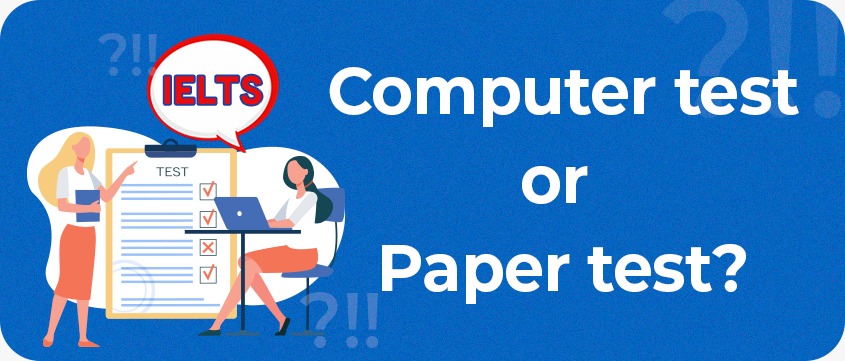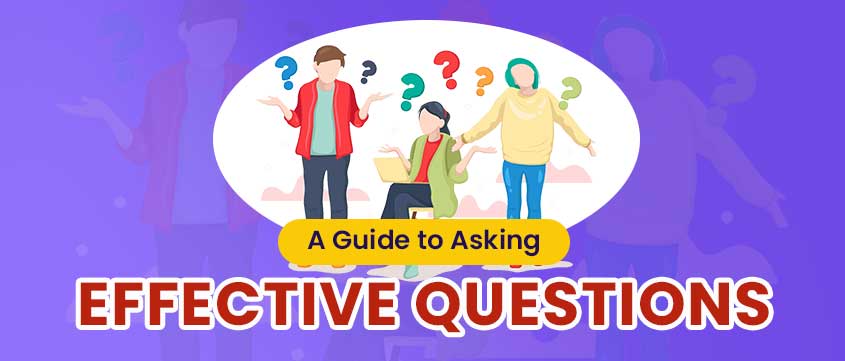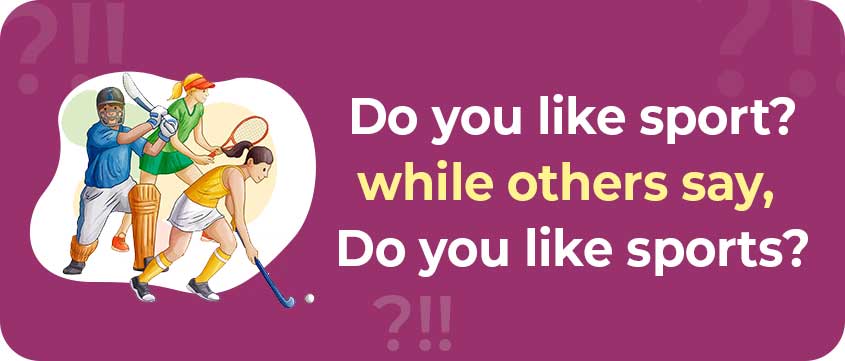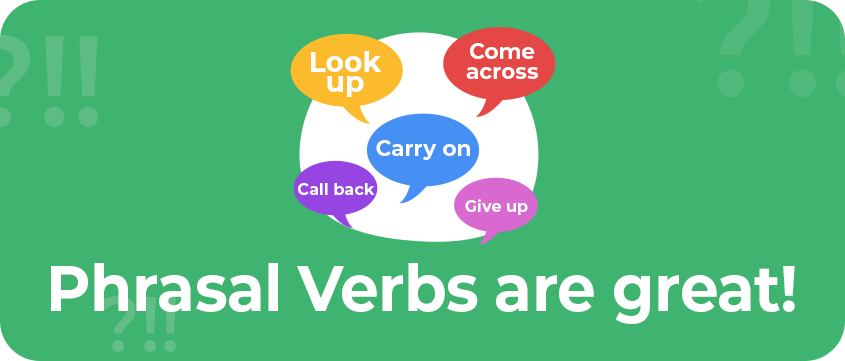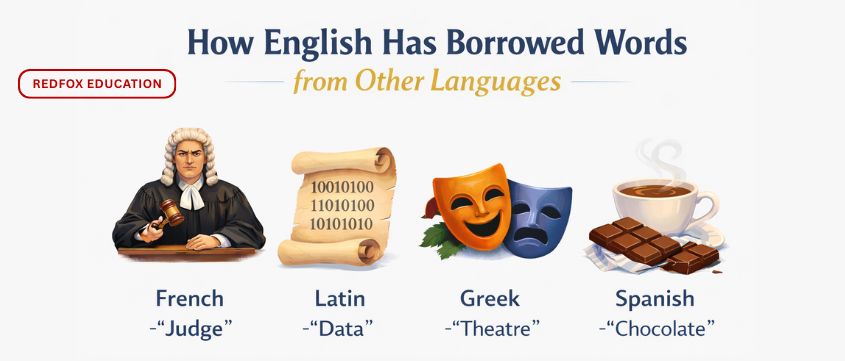IELTS Overview
IELTS is owned and administered jointly by Cambridge University and IDP Australia. It is a universally accepted test of English ability. It is used for these main purposes:
- University admission for overseas study – international students studying on English programme courses use IELTS to satisfy entrance requirements for English ability level. It is the preferred qualification (sometimes the only accepted qualification) for almost all UK universities and those in Australia, New Zealand and other European institutions offering English taught programmes (mainly Germany, Sweden & Netherlands, but also latterly Belgium and some eastern European countries). Many American universities and colleges will also accept IELTS.
- Band 6.5 will usually grant direct entry to most courses at most establishments without the need to take a pre-sessional English course. Lower band scores can be used to get entry to or reduce the time of a pre-sessional course.
- University admission for home study – in universities in SE Asia, China, Japan etc. IELTS is the accepted qualification for entry to degree courses that are taught in English (known as English or International Programme courses). Even if the institution has its own English test for admission almost all will accept IELTS instead (so students do not have to take several different tests if making multiple applications).
IELTS can also give credits on some courses for English components included in the syllabus. Additionally, some English based courses have IELTS as a graduation requirement. - VISA requirements for UK; also for Australia, New Zealand and Canada – to satisfy language requirements (e.g. Canadian Language Benchmark)
- Job applications – occasionally students take IELTS to help them get a better job or promotion (for example, Asian employees of international companies who want to work in English native-speaking countries rather than in their home country and earn a higher salary by so doing). The numbers here are much smaller than for university admission.
IELTS components and Scoring System
The test comprises 4 papers testing ability in Listening, Reading, Writing and Speaking. Grammar and vocabulary are not separately assessed but obviously are important and form part of the grading criteria for the writing and speaking elements.
Each part of the test is given a score out of 9, known as the Band score. These are averaged to give an overall band score.
Required scores
This varies by country, institution and course. The following is a guideline:
- For most university courses in UK, or other native-speaking countries, the entrance requirement is usually band 6.5.
- Most European or Asian universities accept 6.0 (but some will be higher)
- Some prestigious institutions require 7.0 or 7.5 (depending on the course), e.g Oxford, Cambridge, London School of Economics, King’s College
- Some courses may have a higher requirement if the course has difficult language content or involve mainly writing; for example journalism, some law degree courses etc. In these cases the overall score may be higher (e.g. University of Sydney requires 7.0 for its international law masters course) or a specific score (usually writing) may have a higher minimum requirement (e.g. overall 6.5 with writing minimum 6.5)
- Courses that are not language based, such as fashion, photography etc. may have a lower requirement, usually a half-band lower.
Typical students
IELTS students fall into three broad categories:
- Senior high school students aged 16 – 18 who wish to apply for undergraduate degree courses either at home or abroad.
- Those wishing to apply for masters degree courses, usually abroad and usually in the 21+ age group. Most are early 20’s and recently graduated but some are later 20’s and have worked for a period after their bachelor degree.
- Some older students 30+ who have decided to go back into education, usually for masters degrees (either abroad or occasionally on an English programme at a home university). This category is far smaller in percentage of students than the above.
Red Fox IELTS courses – who are they for?
The average score attained by IELTS test-takers is 5.5. Consequently, most need to take at least two tests before they get the score required. Many under-prepare for the test and/or overestimate their own ability level and underestimate the difficulty level of the test. It is not designed to be easy because otherwise it would not be universally accepted by universities. The following is a guide to the courses offered and the pre-requirements that are advised.
The Beginner course:
- Entry level for beginners (as the name suggests)
- Students who have taken the test already and scored 5.0 or lower
- [If the above does not apply] students who have some ability in terms of basic sentence structure and who can talk about familiar topics but:
-
have difficulty with more complex structures (e.g. consistent errors if attempting subordinate clauses) and which can interfere with meaning or understanding
- who show only a limited range of vocabulary and/or have difficulty talking about unfamiliar topics
- (in writing) show little awareness of style or collocation and/or fail to extend or support ideas
-
- Note – students must have some ability (as above). For beginners to English (as opposed to IELTS beginners) a general English course specifically including grammar principles, is strongly recommended. There is some grammar included in the Beginner course but it is more of a review or “refresher” than substantive teaching.
- The aim of the course is to build necessary skills to improve and increase the IELTS band score. It contains introductory elements to reading, speaking and writing. Upon completion of the course students should be able to score band 5.5.
The Intermediate course:
- Students who have taken the test already and scored 5.5 or 6.0 and need a minimum of 6.5
- Students who have completed the beginner course [note – it is envisaged that most beginner level students will need to progress to the Intermediate course to get their required score)
- [If the above does not apply] students who have a reasonable ability level but still have some limitations such as:
-
can use some complex structures with limited flexibility but still make numerous errors
- can talk about familiar topics with some flexibility but have only mixed success at paraphrasing or expressing more complex ideas or talking about unfamiliar topics
- (in writing) errors persist and are noticeable although meaning is reasonably clear and/or can present ideas with some organization and cohesion but do not demonstrate more fully developed argument and/or may overuse, underuse or make inappropriate use of cohesive devices and referencing.
-
- The aim of the course is to further develop all skills for all four parts of the test to the extent that the student can attain a band score of 6.5.
The Advanced course:
- Students who need a higher level score (for courses with a 7.0 or 7.5 requirement or for personal satisfaction)
- Students who have taken the test already and scored 6.0 or 6.5 overall but possibly struggle with some elements and want to extend their ability level to ensure success (for example, can get 6.5 overall but cannot push the writing or speaking beyond 5.5/6.0)
- Students who have completed the intermediate course and need higher than 6.5
- The aim of the course is to push the student to a higher command of the language, usually in writing and speaking (which has more of the course focus). The course includes writing with precision, speaking fluently and flexibly to confer precise meaning, and technique focused lessons. Students who complete the course should be able to attain band 7.0 or higher.
Jul 10, 2020 | IELTS,English,Overseas study,UK universities | No Comments

